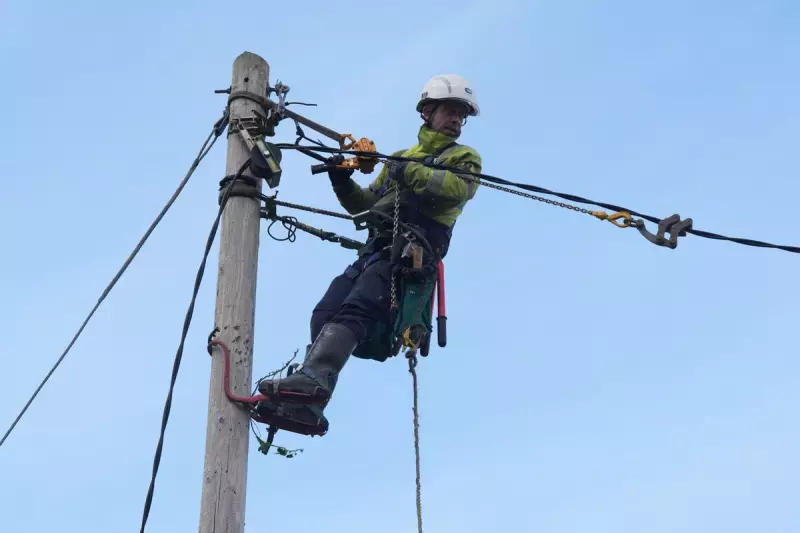
A remarkable trend is reshaping the workforce landscape across the British Isles, as new research reveals Scottish professionals are increasingly packing their bags for Ireland while continuing in their UK-based roles.
The remote work revolution, accelerated by pandemic-era changes, has created unexpected migration patterns that are challenging traditional economic models and geographical boundaries.
The Highlands Exodus
According to comprehensive analysis of official data, the Scottish Highlands are witnessing a particularly significant outflow of remote workers seeking new horizons without sacrificing career stability. These professionals are maintaining their positions with British companies while enjoying the cultural and lifestyle benefits of Irish living.
This phenomenon represents a fundamental shift in how we conceptualise workplace location and national borders in the digital age.
Economic Implications
The trend carries significant economic consequences for both Scotland and Ireland:
- Brain circulation rather than brain drain: Scottish professionals maintain economic ties to UK companies
- Boost to Irish local economies: New residents contribute to housing markets and local businesses
- Challenges for Scottish regions: Potential impact on local tax bases and community sustainability
- New opportunities for cross-border collaboration: Strengthened economic and cultural links between the nations
Political Response
Scottish First Minister John Swinney has taken note of this emerging pattern, acknowledging the need for policies that address the changing nature of work and residence. The Scottish Government faces the dual challenge of retaining talent while adapting to increasingly mobile workforce patterns.
This trend underscores the importance of developing regional strategies that can compete in attracting and retaining remote workers, who now have unprecedented choice in where they establish their homes.
The Future of Work Geography
As remote work becomes permanently embedded in professional culture, experts predict such cross-border living arrangements will become increasingly common. The traditional link between workplace location and residence continues to weaken, creating new opportunities for individuals but new challenges for regional planners.
This Scottish-Irish migration pattern may represent just the beginning of a broader transformation in how Britons conceptualise work, home, and national identity in the post-pandemic era.





